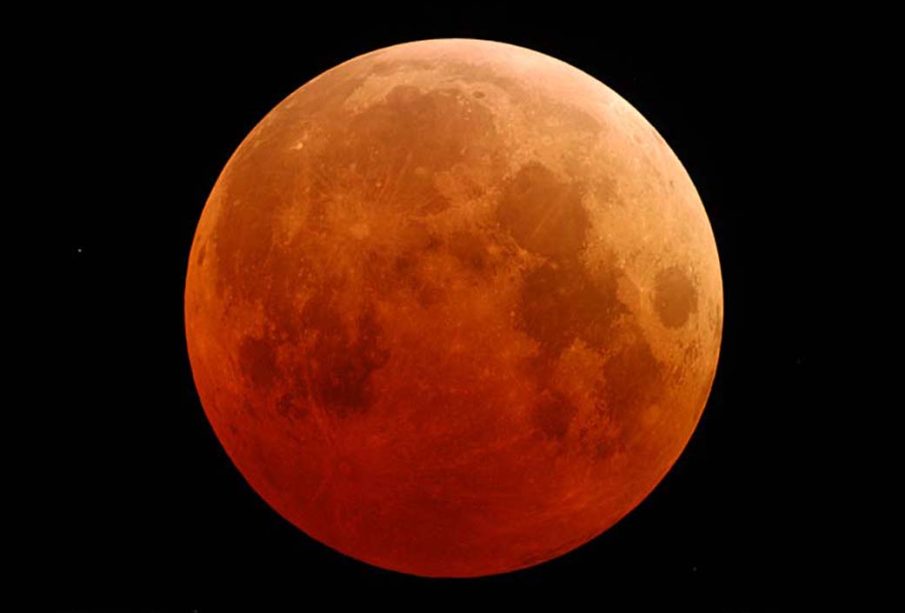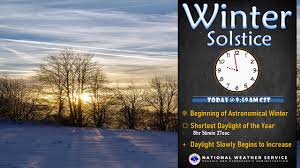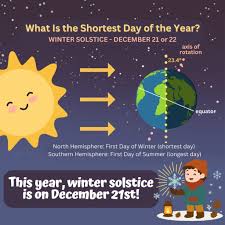Understanding the Moon Phase Today: What’s Happening in the Sky?

The Importance of Moon Phases
The phases of the moon, reflecting its position relative to Earth and the sun, are of significant importance across various cultures, farming practices, and even in astrology. Today, the moon phase affects not only our nighttime sky but also human behavior and natural phenomena.
Current Moon Phase
As of today, the moon is in its waxing gibbous phase, which is characterized by more than half of the moon’s visible surface illuminated, but not yet full. This phase is vital for a variety of activities, particularly in agriculture, with many farmers believing that planting during this phase leads to better crop yields.
Activities Influenced by the Moon Phase
The waxing gibbous phase also affects fishing and hunting schedules, as these activities can be influenced by lunar cycles. Fishermen often consider this phase a good time for fishing, as many species are more active in the water. There is a long-standing belief that lunar cycles can influence animal behavior, making hunting more fruitful.
Cultural Significance
Various cultures around the globe have celebrated the moon for thousands of years. The moon’s phases play a crucial role in calendar systems, with many societies aligning their festivals, agricultural calendars, and religious ceremonies with its cycles. For instance, the Mid-Autumn Festival in China celebrates the full moon’s return, symbolising family reunion and abundance.
Astronomical Significance
Understanding the current moon phase can also deepen our appreciation for astronomy. The moon’s appearance can guide amateur astronomers in planning observations. The waxing gibbous phase is particularly suitable for viewing lunar features, as the sunlight casts shadows that reveal the moon’s craters and mountains.
Conclusion
Today’s moon phase is a waxing gibbous, presenting a vibrant sight and carrying significance across various disciplines from agriculture to culture. Whether it’s enhancing gardening practices, influencing fishing success, or inspiring cultural festivities, the impact of the moon is felt widely on Earth. Observing the moon and understanding its phases can enrich our connection to nature and assist in ecological awareness.









